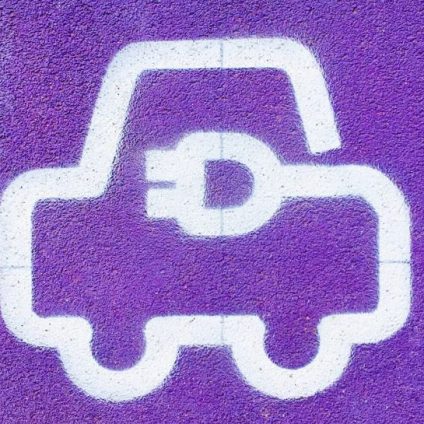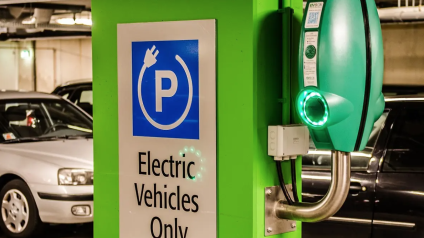Rent an electric car at 100 euros per month. The French solution to spread EVs among lower income groups and unhinge the myth that electric cars are only for the rich. The measure under study is an innovative form of incentive. For T&E it is "the best possible"
The French government works on a social lease for electric cars
(sustainabilityenvironment.com) – An electric car for 100 euros per month. To make EVs accessible to everyone and encourage the spread of sustainable mobility. The idea is taking shape beyond the Alps: France continues to work on the EV social leasing promised by Macron in the election campaign.
What is EV Social leasing?
How does this form of leasing work? It is in fact a form of incentive for electric cars. Instead of acting on the purchase of a newly registered vehicle (with increased incentive if you scrap a dated endothermic vehicle), as is the case today in Italy, France is thinking of calming the prices of EV rentals through a government subsidy.
read also Electric cars in the EU, for the 1st time EVs beat diesel
These are the only firm points, for now, of the French proposal. The monthly fee has not yet been definitively established, which may even be higher than the EUR 100 mentioned at the beginning. Nor is there a well-defined perimeter for incentives. Among the options at stake is a gradual introduction, with the opening of EV social rental, initially, only for low-income families living in rural areas and those living close to low-emission urban areas. However, the measure should see the light of day by the year and cover 100,000 families a year. In a few months the platform should be activated to book incentives and the first social leasing contracts for electric cars could already be signed by the end of the year or early 2024.
The best EV incentive there is
According to the NGO Transport & Environment, EV social leasingis the best form of incentive to electric cars that can be put in place today, replacing the model in use. Analyzing the French case, T&E explains, the monthly amount could be fixed between 70 and 200 euros. The audience of recipients could be about 900 thousand low-income families. Within 6-7 years, they could all go to the electric thanks to this incentive. With a cost practically equal to zero, since these figures would be amortized from the savings on stamp and other fixed expenses for the owned endothermic cars. And the €800 million estimated by Paris as a cost for the measure could easily be recovered by gradually abolishing existing incentives for higher income brackets.













